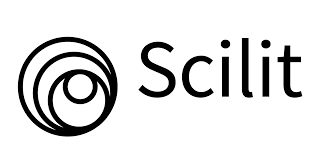Pariwisata di Tengah Pandemi Covid-19: Dampaknya terhadap Lingkungan Pantai Sanur
Abstract
The aim of this study is to examine the impact of tourism in the midst of the Covid-19 pandemic on the Sanur Beach environment. The data collection method used in this research is the method of observation and documentation. The analytical technique used to achieve the research objectives is descriptive qualitative analysis. The analyzed results are presented using formal and informal techniques. The results show that tourism has a positive and negative impact on the Sanur Beach environment in the midst of the current Covid-19 pandemic. The positive impacts of tourism in the midst of the Covid-19 pandemic on the Sanur beach environment include the availability of wide roads for tourists, a well-organized environment, reduced sea water pollution, clean beaches, and inorganic waste such as plastic, bottles, and the like originating from reduced restaurants and merchants. However, the negative impacts of tourism in the midst of the Covid-19 pandemic on the Sanur beach environment include organic waste such as fallen leaves dominating, air pollution due to burning leaves, and organic waste such as piled leaves.
Copyright (c) 2021 Ni Wayan Anggreni

This work is licensed under a Creative Commons Attribution-NonCommercial 4.0 International License.
The author whose manuscript is published agrees to the following conditions:
- Publication rights of all journal manuscripts published / published on the JKTP website are held by the editorial board with the author's knowledge (copyright remains the author's).
- The formal legal provisions for access to digital electronic journal articles are subject to the provisions of the CC Attribution-Non-Commercial 4.0 license, which means JKTP has the right to store, transfer media / formats, manage in the form of a database, maintain, and publish articles without asking permission from the author as long as the author's name remains as the copyright owner.
- Manuscripts published / published in print and electronically are open access for the purpose of education, research and libraries. Apart from these purposes, the editorial board is not responsible for violations of copyright law.




.png)










